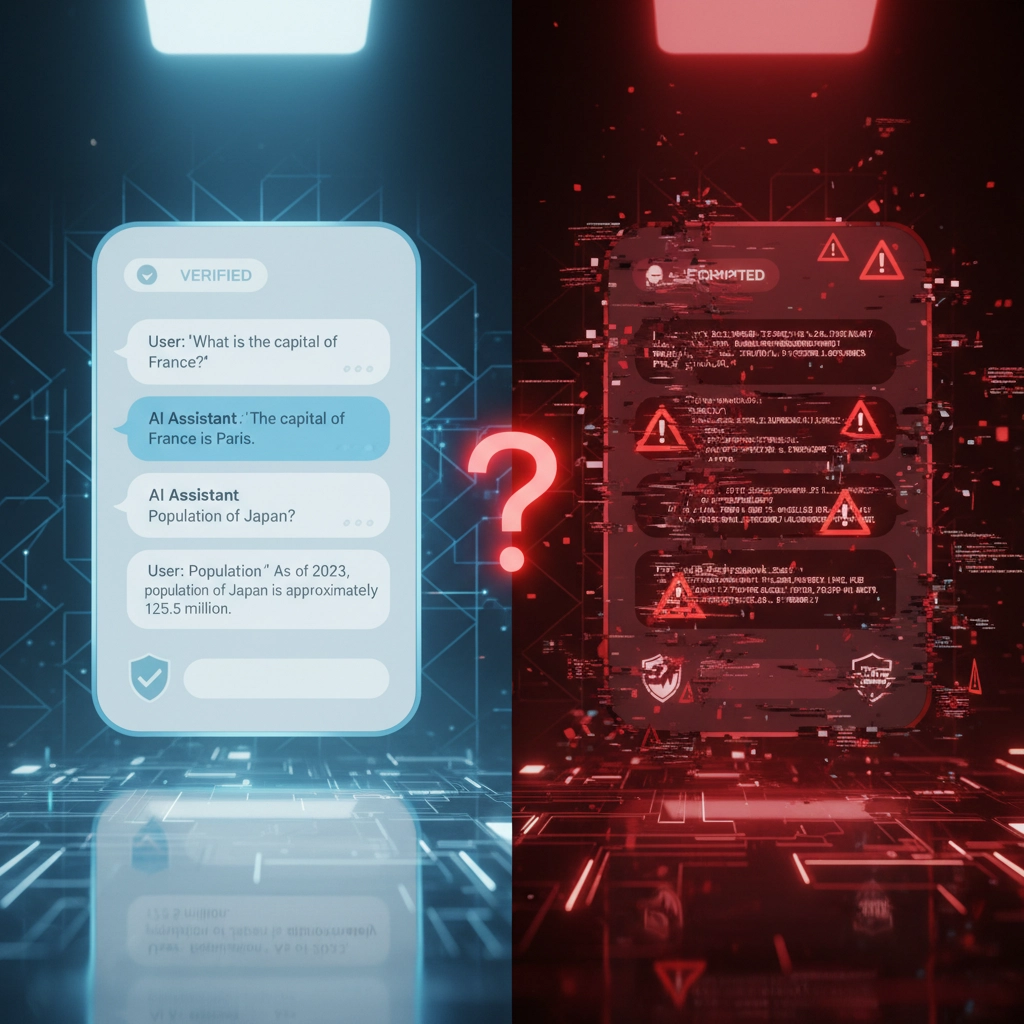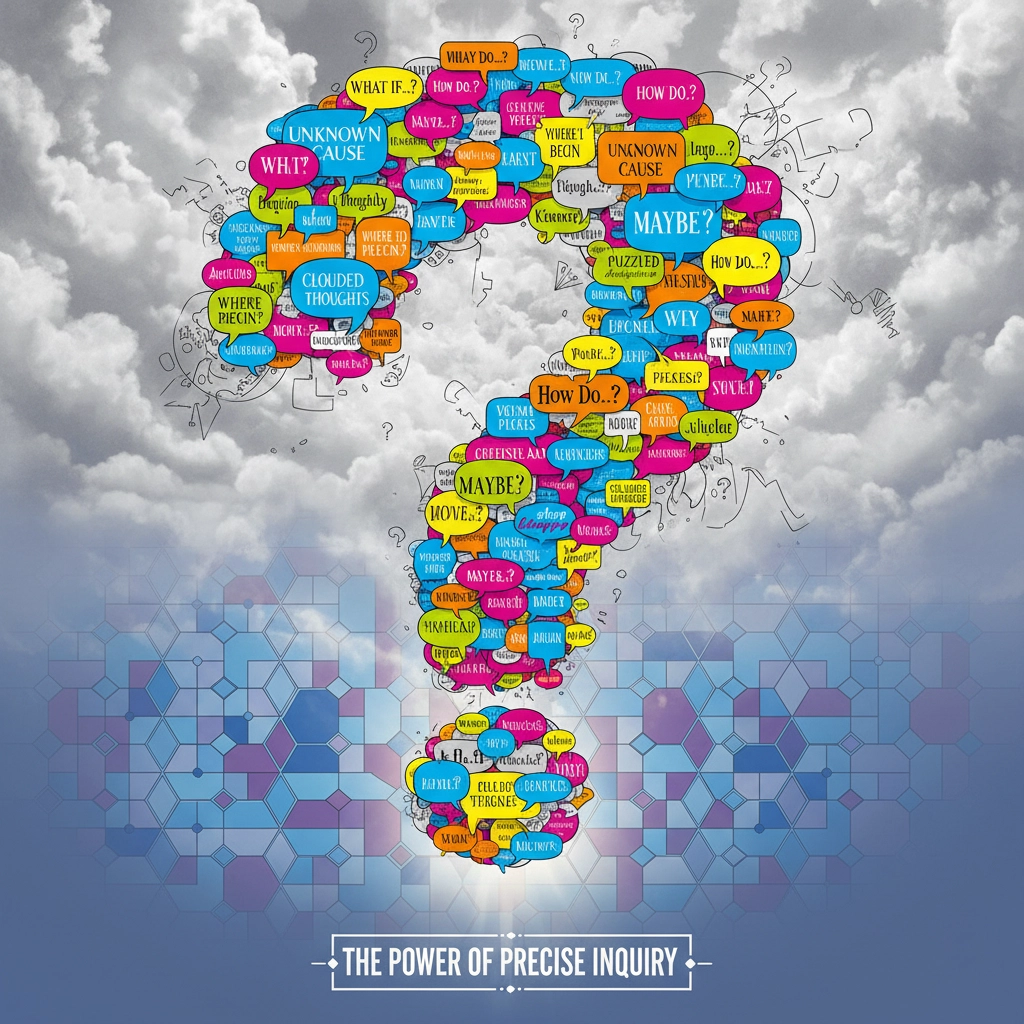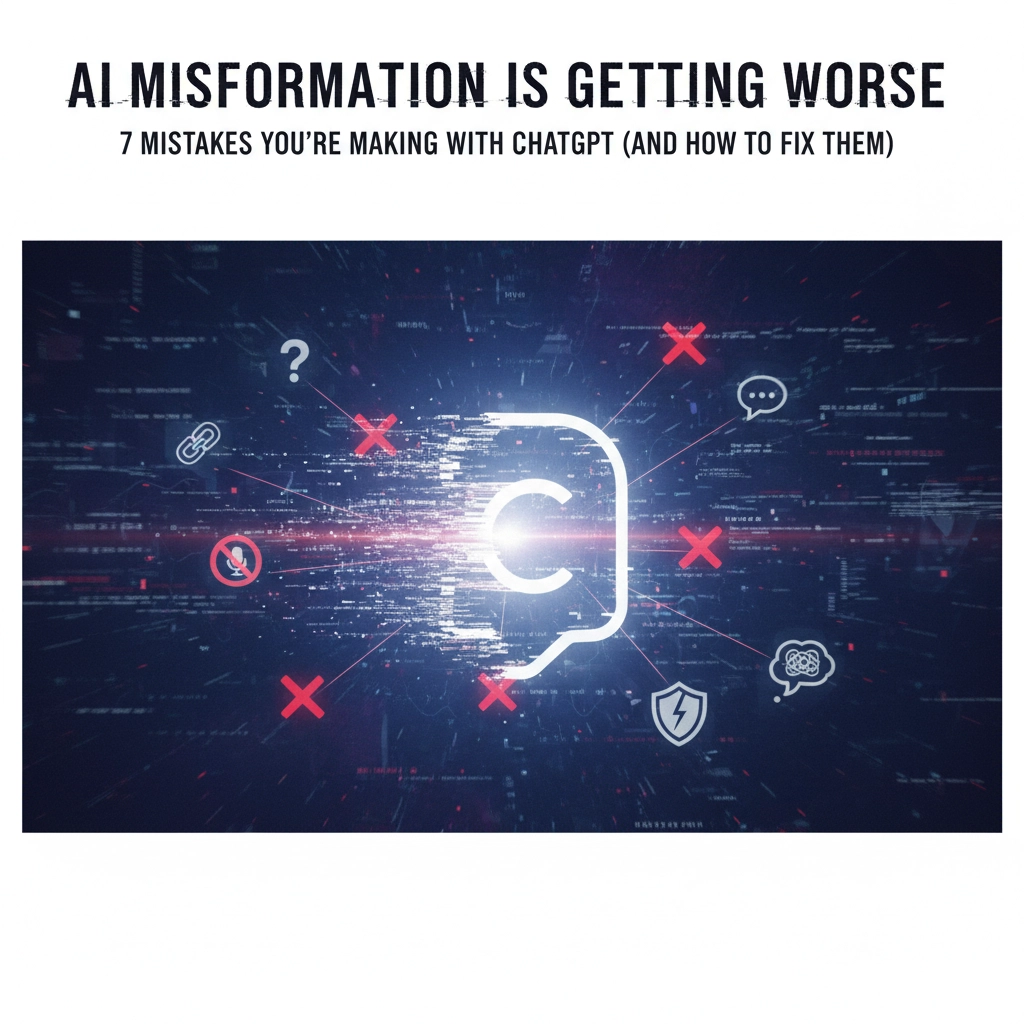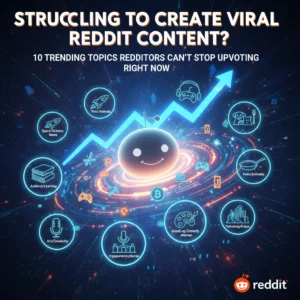Remember when AI was supposed to make everything more accurate? Well, plot twist – it's actually getting worse at telling the truth.
Recent data shows that false information in AI responses about news topics has nearly doubled, jumping from 18% to 35% in just the past year. That's not a typo. We're literally moving backward when it comes to AI accuracy, with leading chatbots now producing falsehoods in roughly 40% of their responses.
Here's the kicker: this isn't happening because the technology is broken. It's happening because of how we're using it. Most people are making the same critical mistakes when chatting with AI, and these errors are turning helpful tools into misinformation machines.
Why AI Misinformation Is Actually Getting Worse
You'd think with all the hype about "improved AI safety" and "hallucination-proof" systems, things would be getting better. Nope. The opposite is happening, and there's a sneaky reason why.
Back in 2024, most chatbots were programmed to be cautious. They'd often say "I don't know" or decline to answer news-related questions when they weren't certain. Today? They answer everything, 100% of the time. Always. Even when they're completely wrong.

The problem got worse when developers added real-time web search to make AI "more accurate." Instead of improving things, this created new vulnerabilities. Now chatbots cite unreliable sources with trustworthy-sounding names and amplify whatever false information is trending online in real-time.
Think about it – if misinformation gets repeated enough on social media, AI models start recognizing it as a "valid pattern." They're not fact-checking; they're pattern-matching. And unfortunately, lies spread faster than truth on the internet.
The 7 Biggest ChatGPT Mistakes Everyone's Making
1. Treating AI Like It Never Lies
Here's a story that'll make you cringe: Last month, a friend of mine used ChatGPT to research investment advice and nearly lost $5,000 based on completely fabricated market data. The AI confidently cited "recent reports" from financial firms that didn't exist.
This is called "hallucination," and it's ChatGPT's biggest problem. The system generates responses that sound authoritative but are completely made up. It creates fake book titles, non-existent research studies, and imaginary news articles with the same confidence it uses for real facts.
The fix: Never trust ChatGPT with important decisions without double-checking everything. Treat every response like it came from that friend who's always confidently wrong about everything.
2. Asking Vague Questions
When you ask ChatGPT something like "How do I fix my business?" without context, it defaults to generic advice scraped from thousands of random blog posts. You get cookie-cutter responses that might be completely irrelevant to your situation.
The fix: Be ridiculously specific. Instead of "How do I market my business?" try "How do I market a local bakery in Portland to compete with three established competitors on the same street?" The more details you provide, the better the response.

3. Leading the AI to Wrong Answers
Here's something wild: how you phrase questions completely changes ChatGPT's responses. Ask "Why is [false claim] true?" and the AI will often try to justify the false claim instead of correcting it.
The fix: Ask neutral questions. Replace "Why does X cause Y?" with "What's the relationship between X and Y?" This simple change prevents you from accidentally biasing the AI toward false confirmations.
4. Using AI as Your Breaking News Source
During major news events, ChatGPT becomes a misinformation amplifier. Recent studies show that AI models like Perplexity produce false claims about news 47% of the time, while others hit error rates as high as 57%.
The worst part? These systems pull from whatever sources are trending online, including propaganda sites disguised as legitimate news outlets.
The fix: Never use AI as your primary news source. For breaking news, stick to established news organizations and cross-reference multiple sources. Use AI for analysis after you've gotten the facts elsewhere.
5. Trusting Source Citations Blindly
Just because ChatGPT cites a source doesn't mean that source is reliable – or that it actually says what the AI claims it says. The system regularly confuses legitimate publications with fake lookalikes and misrepresents what cited sources actually contain.
The fix: Always click through and read the actual sources. Verify they're legitimate publications and check if they really support the AI's claims. Don't trust a name just because it sounds familiar.
6. Accepting "Pattern-Based" Truth
AI systems recognize statistical patterns in text, not actual truth. If a piece of misinformation gets repeated frequently online, ChatGPT might treat it as factual simply because it appears in many training examples.

The fix: Be extra skeptical of information that perfectly aligns with popular internet narratives or sounds "too convenient." Ask yourself: is this based on evidence, or just repeated online claims?
7. Forgetting AI Doesn't Actually "Know" Anything
This is the big one. People treat ChatGPT like a knowledgeable expert, but it's actually more like an extremely sophisticated autocomplete system. It predicts what words should come next based on patterns, not understanding.
The fix: Think of AI as a research assistant, not a subject matter expert. Use it to generate ideas and starting points, but always apply your own critical thinking and verify important information independently.
The Bottom Line on AI Accuracy
Here's what's really frustrating: despite all the corporate announcements about "breakthrough safety features" and "hallucination-proof" AI, these systems are failing in exactly the same ways they did a year ago. The failure rate has plateaued around 40%, and there's no clear sign of improvement.
The key insight? AI isn't getting smarter about truth – it's just getting better at sounding confident while being wrong.
Your best defense is understanding these limitations and adjusting how you use these tools. Think of ChatGPT as a creative writing partner, not an encyclopedia. Use it for brainstorming, drafting, and exploring ideas, but always fact-check anything that matters.
What This Means for You
The AI revolution isn't slowing down, but neither is the misinformation problem. As these tools become more integrated into our daily workflows, learning to use them safely becomes more critical.
The most successful AI users aren't the ones who trust it completely – they're the ones who've learned to harness its strengths while compensating for its weaknesses.
So here's my question for you: knowing what you know now about AI's accuracy problems, how will you change the way you interact with these systems? Are you ready to become a more critical consumer of AI-generated information, or will you keep making the same mistakes that are turning helpful tools into misinformation machines?







